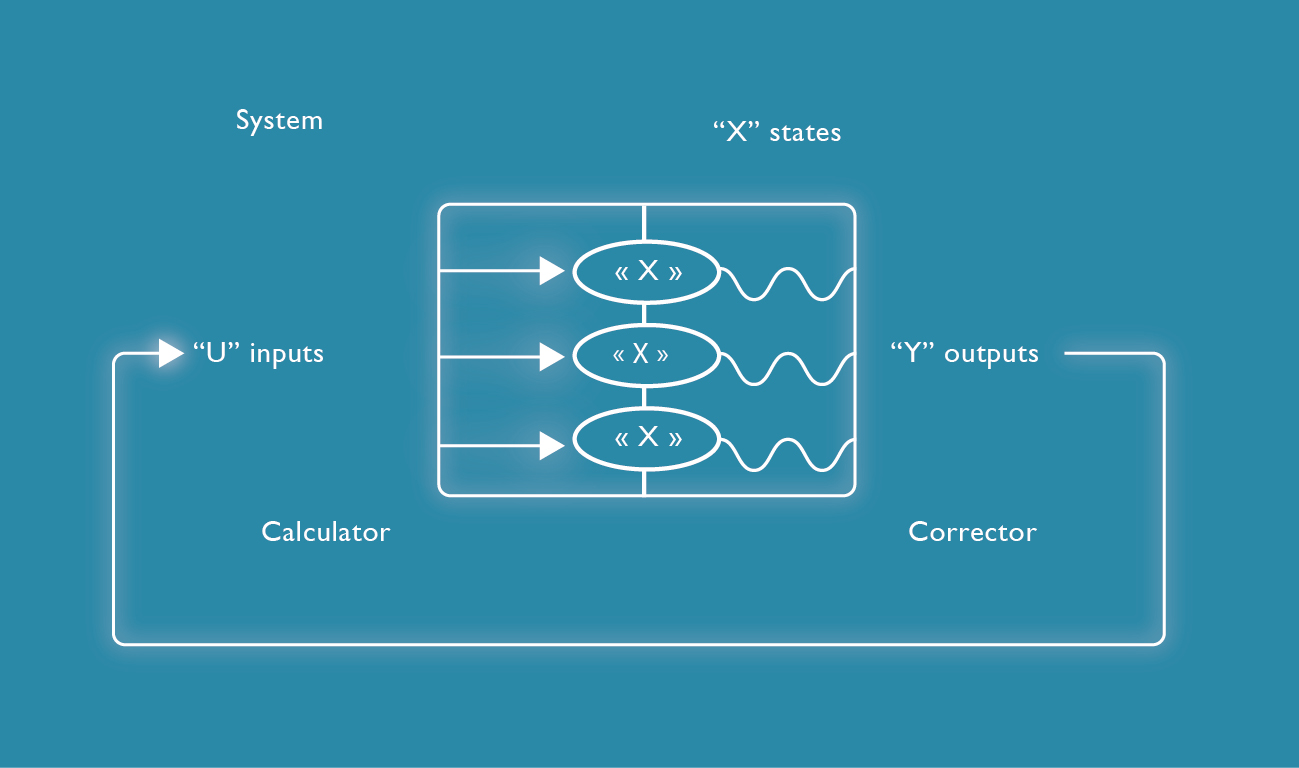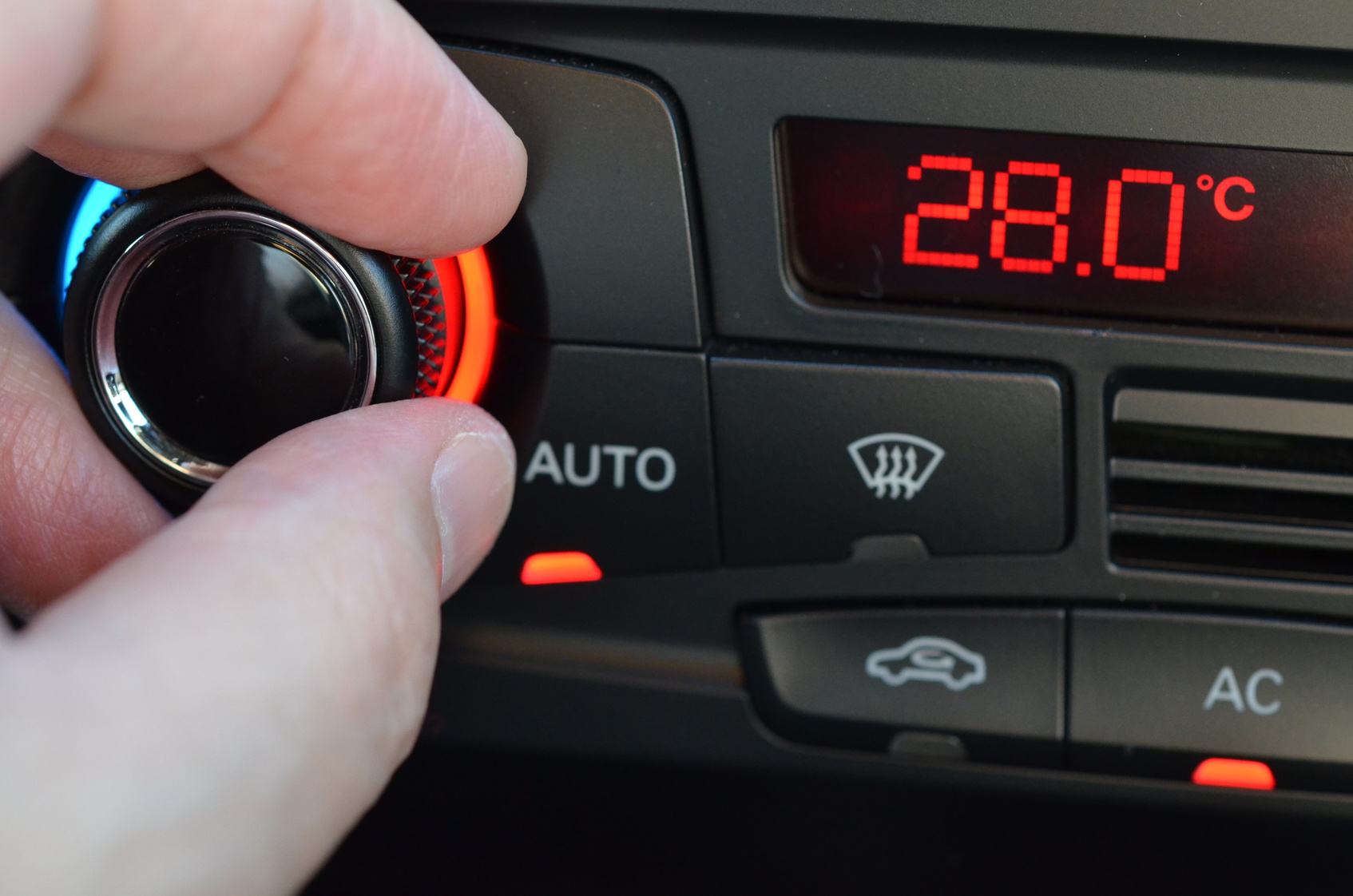
CONTROL COMMANDControl command, or how to complete the thermal engineering offer
ARIAMIS has chosen to focus its expertise on thermal engineering. However, in order to be able to propose an overall and increasingly relevant service, building in the control-command skill very quickly became an obvious necessity.
THE CLOSENESS OF THE THERMAL ENGINEER AND THE CONTROL-COMMAND ENGINEER
Mastery of control-command at ARIAMIS makes it possible to encourage thermal engineers and software engineers to work together during the test and integration phase. After all, thermal engineering remains the focus. From requirement definitions to the integration of a control-command programme within the final system, thermal engineering stakes are transverse. The effect of shared experiences makes continuous improvement possible. These two engineering worlds which are often separate benefit from working together at ARIAMIS.
INTERCONNECTION DURING THE DESIGN, TEST AND INTEGRATION PHASES
System modelling, models, hardware, software... the different steps in design pre-exist as does the genuine interaction between the different phases. Obviously, the design process complies with the “V” cycle expectations as much as with the system engineering approach, but the various tools and software used interact. Modelling, simulation, control-command software development, tests (MIL, SIL, HIL) and integration: a method and knowledge chain is set up logically and coherently.
CONTROL-COMMAND THE NEXT FUNCTION STEP AFTER MODELLING
Control-command is part of a wider so-called automation approach. It is split into three phases: modelling, observation and control-command proper.
> Modelling describes all system phenomena (see Modelling page) in the form of equations > Observation consists in describing behaviour using knowledge > Command makes it possible to use the system The system is composed of a calculator of which the purpose is to analyse input data (temperature, flows, quantities, etc.), and a corrector which applies the actions using the data and requirements.
|
BATTERY COOLING
Assessing thermal solutions as accurately as possible to guarantee the optimum use of each battery optimal de chaque batterie AIR CONDITIONING
Optimising air conditioning behaviour using a sufficiently fine thermo-management of each HVAC component
TALENT
Amongst the aptitudes of all ARIAMIS employees is a high level of specialisation and a strong capacity to adapt.
|

















